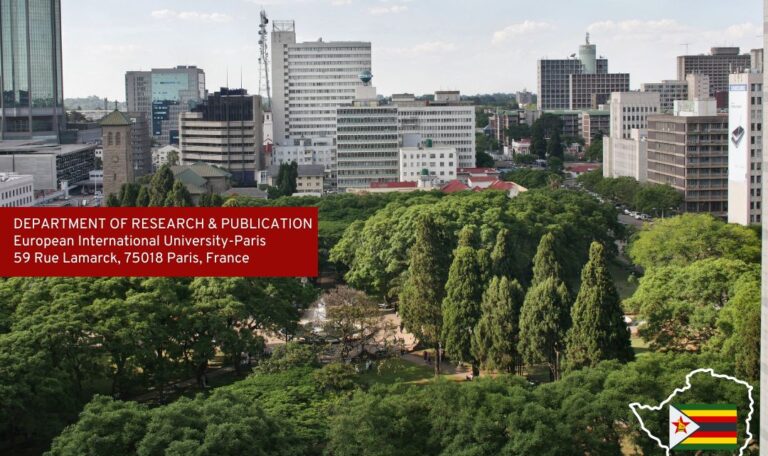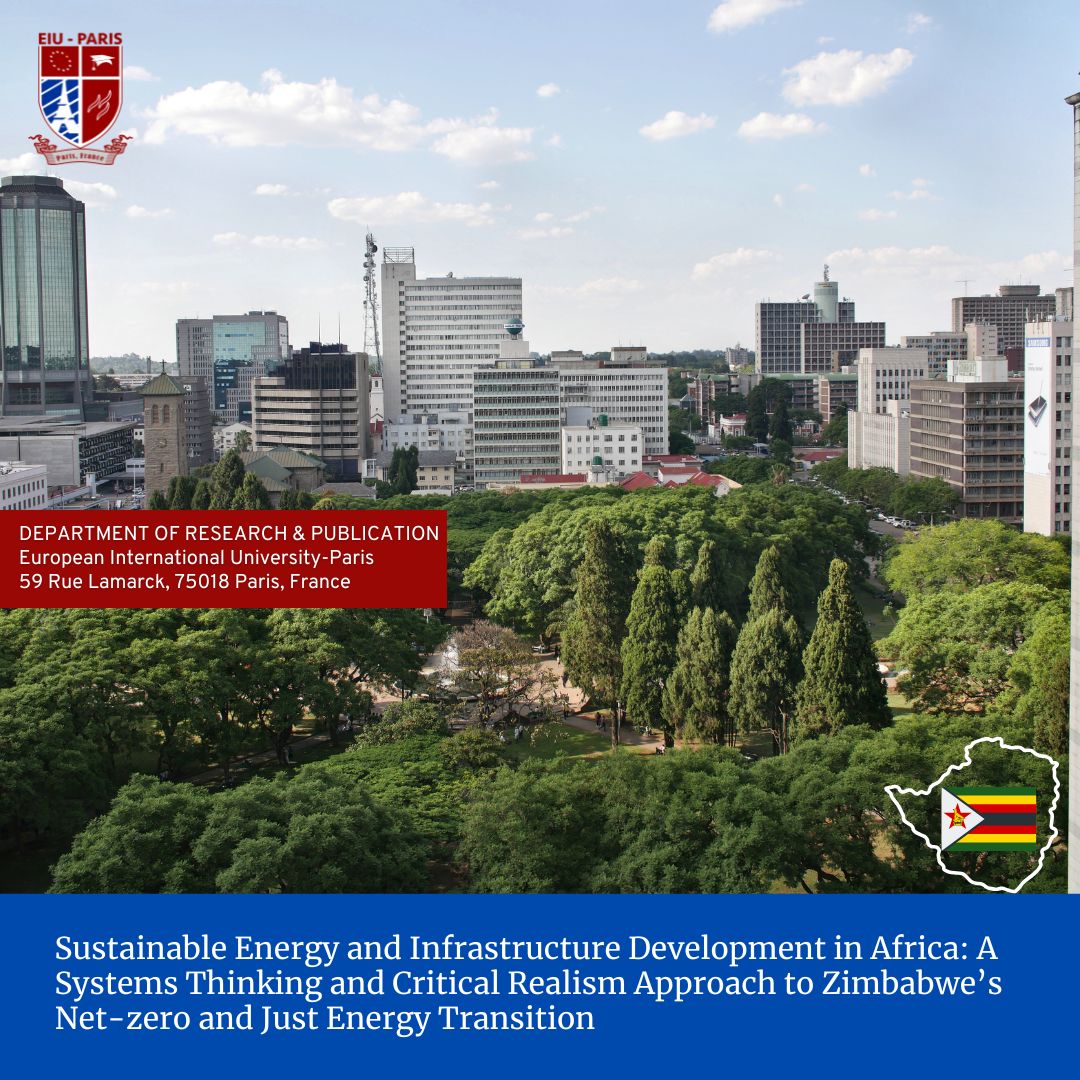- Version
- Download 35
- File Size 8.73 MB
- File Count 1
- Create Date March 26, 2025
- Last Updated March 26, 2025
Sustainable Energy and Infrastructure Development in Africa: A Systems Thinking and Critical Realism Approach to Zimbabwe’s Net-zero and Just Energy Transition
This thesis explores sustainable engineering solutions for Zimbabwe's energy and infrastructure, employing critical realism, mixed-methods research, and systems thinking. A central hypothesis is that “through synergistically linking sustainable engineering solutions and strategic policy interventions, besides public-private partnerships cooperation, much can be done in Zimbabwe to improve energy resilience and sustainability”. In addition, the research found that investments in modern grid technology or regulatory incentives are crucial for removing barriers to the current levels of energy sustainability.
Key findings include:
• Grid Modernization and Renewable Energy Integration: Investments in smart grids and renewable sources can stabilise Zimbabwe’s energy sector.
• Policy-Driven Incentives: Aligning regulations with international sustainability standards fosters investment in sustainable solutions.
• Public-Private Partnerships (PPPs): Collaboration among stakeholders is essential for financing large-scale energy projects.
• Implementation Challenges: Existing sustainability policies face gaps in enforcement and funding, which impede progress.

Submitted by: Martin Manuhwa EIU532162 In Partial Fulfilment of the Requirements for the Degree of Doctor of Philosophy (Ph.D.) in Sustainable Energy Engineering Supervisor: Ky. Col. Prof. Dr. Edward Roy Krishnan Date: 15 February 2025 EIU-PARIS

